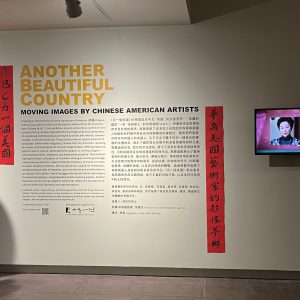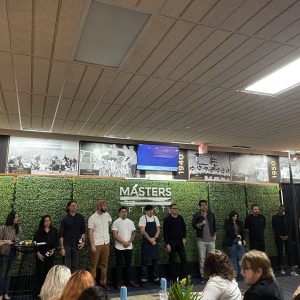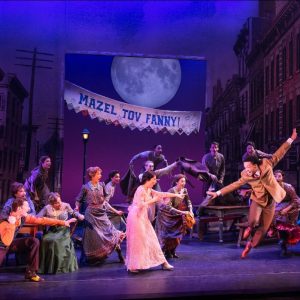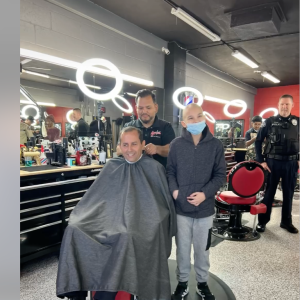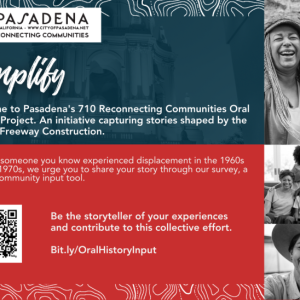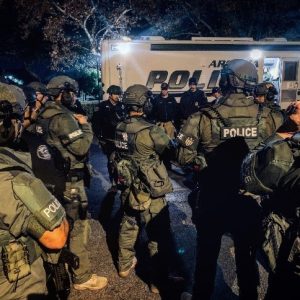 View Winners →
View Winners → 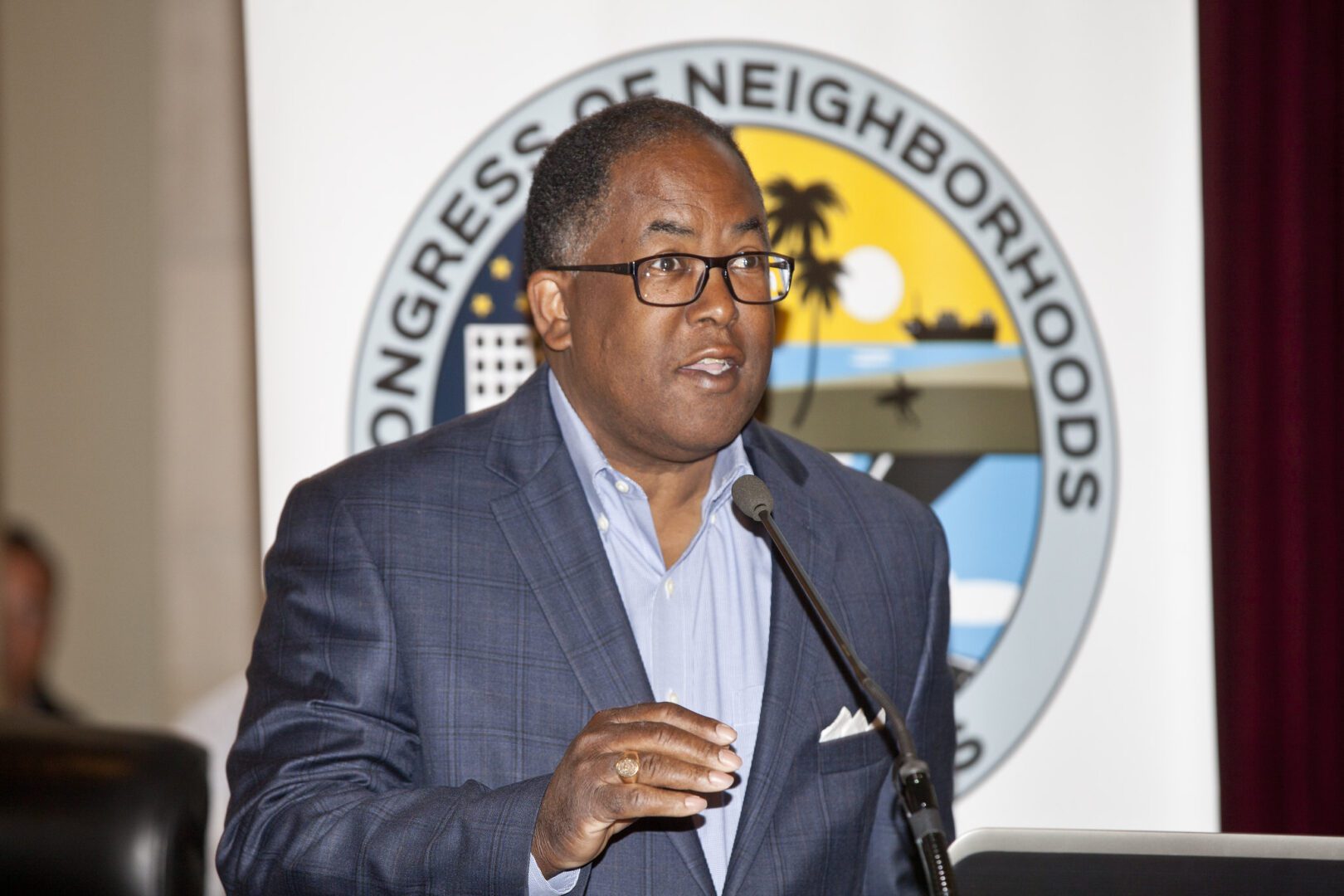
Mark Ridley-Thomas in 2017. | Photo by Dusti Cunningham for Congress of Neighborhoods / NCCongressLA.com/@nccongressla (Twitter/Facebook/Instagram)
By Fred Shuster
Jury deliberations resumed Tuesday in the federal criminal trial of suspended L.A. City Councilman Mark Ridley-Thomas, who is accused of steering lucrative county contracts to USC’s social work school in exchange for a slate of benefits for his son.
The panel completed its first full day of deliberations on Monday, working from 8 a.m. until about 2:30 p.m. and sending two notes to the judge.
In the first note, the panel asked for a read back of testimony by defense expert witness Ann Ravel, a former chair of the Federal Election Commission, who testified that a $100,000 money transfer from Ridley-Thomas to USC, then to United Ways of California and finally to the politician’s son’s nonprofit — a string of transactions alleged by prosecutors to be an illegal attempt to disguise the money’s origins — was entirely legal.
The jury also asked for clarification of the meaning of acting “corruptly” in regard to allegations of honest services mail and wire fraud against Ridley-Thomas.
Prosecutors rested their rebuttal case early Friday before the jury panel was sworn in and deliberations began around 10 a.m. in Los Angeles federal court, lasting about 4 1/2 hours.
The jury had a question late Friday about certain elements of “bribery” and whether a “thing of value” had to be a tangible item to the defendant. On Monday morning the jury was handed a note with an answer satisfactory to both sides.
In closing arguments, prosecutors said Ridley-Thomas, while serving as a county supervisor, “put his hand out” and accepted perks from USC for his son Sebastian, who needed media-friendly “landing spots” after resigning from the state Assembly in the midst of a brewing scandal.
A defense lawyer strenuously denied the narrative, telling the jury in downtown Los Angeles that nothing Ridley-Thomas did was illegal.
“This was a case about power, privilege and lies,” Assistant U.S. Attorney Lindsey Dotson said in her summation, describing the trial as dealing with “one of the most powerful politicians in Los Angeles who leveraged his power — and all the lies he told to cover it up.”
Ridley-Thomas, 68, of South Los Angeles, faces 19 federal counts, including conspiracy, bribery, and honest services mail and wire fraud. If convicted as charged, he could be sentenced to years behind bars.
He did not testify in his own defense.
Before the jury was handed the case, U.S. District Judge Dale Fischer warned the panel to avoid “unconscious biases” and preconceived notions of race. The racially mixed 12-member panel was chosen from throughout the region.
Prosecutors allege that testimony and a long trail of emails and letters prove that Ridley-Thomas and the former dean of the USC School of Social Work, Marilyn Flynn, had a quid pro quo arrangement during 2017 and 2018 in which the then-dean arranged for Sebastian’s admission to USC, a full-tuition scholarship and a paid professorship in exchange for his father’s support for county proposals that would ostensibly shore up the school’s shoddy financial picture and save Flynn’s job.
In addition, the elder Ridley-Thomas allegedly participated in a secret money laundering scheme whereby Flynn funneled $100,000 “seed money” from the politician’s campaign fund through the school to the Policy, Research & Practice Initiative, a nonprofit operated by his son who had recently stepped down from the state Assembly amid an internal sexual harassment probe that was about to go public at the peak of the #MeToo movement.
“This is a political family — and this is a crisis for them,” Assistant U.S. Attorney Michael Morse said in his rebuttal argument.
With the scandal about to break and the Ridley-Thomas name and legacy under threat, the then-supervisor looked for ways for his son to return to work in a prominent, media-friendly position, prosecutors alleged.
“The defense has argued that there’s nothing to see here, that it’s not illegal,” Morse told jurors. “Well, it is illegal. … He used his position as a public official to extract things of value (from Flynn).”
Defense attorney Daralyn Durie countered that there was nothing illegal about the $100,000 transaction or Ridley-Thomas’ support of three contracts that prosecutors claim would’ve helped remedy the troubled financial situation at Flynn’s school. Two of the three proposals were approved by the board before Sebastian had even heard he was the subject of a sexual harassment probe, and the third was a project the then-supervisor had already planned to support, Durie said.
Prosecutors, however, said Ridley-Thomas had tried to illegally “monetize” his position on the contracts by asking Flynn for benefits in exchange for his vote.
At the conclusion of her two-hour closing argument Thursday, Durie asked the jury to acquit the defendant, and “return this man to his home and his work and his community.”
As a result of the alleged exchange, Sebastian became a professor of social work and public policy at USC — despite lacking a graduate degree. He was later terminated over questions about his original appointment and concerns by the university over the $100,000 donation. He also obtained a full-tuition scholarship and graduate school admission, court papers show.
Flynn, 84, of Los Feliz, pleaded guilty in September to one count of bribery, admitting that she agreed to disguise and funnel $100,000 from the then-supervisor to USC, then to United Ways, which ultimately passed the money on to Sebastian’s nonprofit. The longtime dean of the USC School of Social Work, who departed in 2018, is scheduled to be sentenced June 26.
Jurors were not told that Flynn pleaded guilty in the case, and her plea agreement did not require her to testify at the Ridley-Thomas trial.
Ridley-Thomas is a giant figure in local politics, previously serving on the Los Angeles City Council from 1991-2002, then serving in the state Assembly and state Senate before he was elected to the powerful county Board of Supervisors in 2008, serving until 2020, when he returned to the City Council.
He has a doctorate in social ethics from USC and spent 10 years as executive director of the Southern Christian Leadership Conference of Greater Los Angeles, beginning in 1981.
He was suspended from the City Council following the October 2021 federal indictment that also named Flynn as co-defendant.














